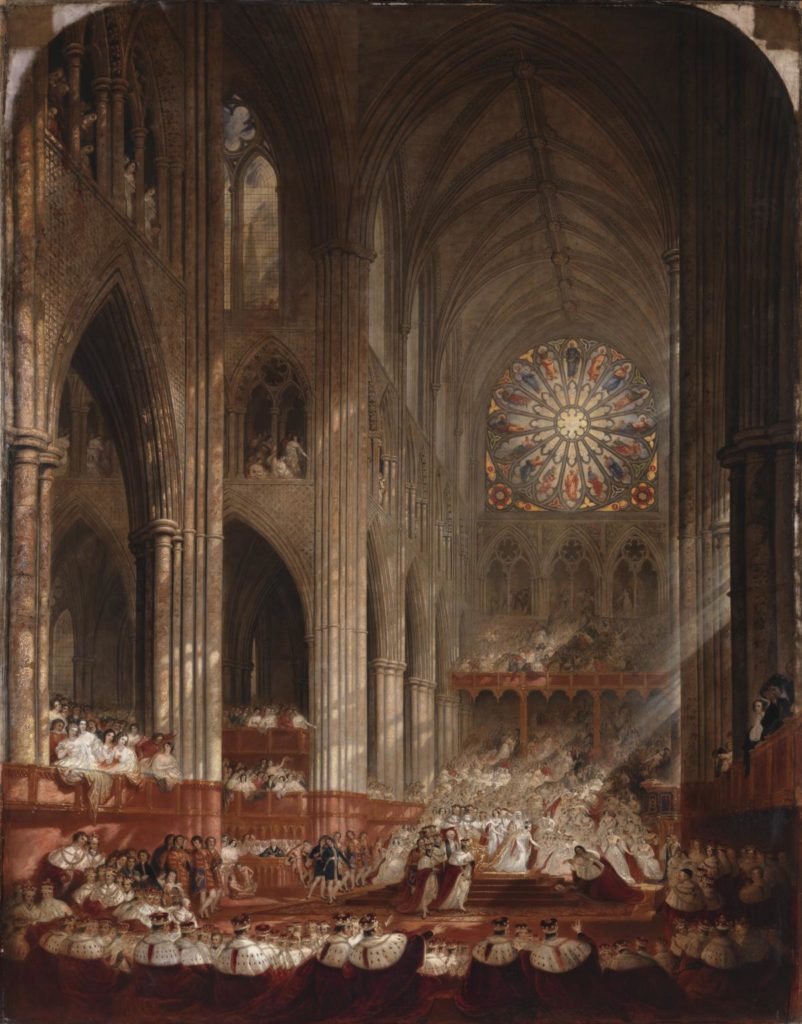
The Coronation of Queen Victoria 1839, John Martin
Labour, blasé about Britain
Stephen Michael MacLean
No one is immune to coronavirus, not even royalty. Clarence House recently announced that Prince Charles had tested positive and was “self-isolating” in Scotland. Queen Elizabeth, meanwhile, was carrying out her official duties at Windsor Castle. As the royals follow the rest of British society in coping with the “new normal,” one is reminded of Queen Elizabeth the Queen Mother’s statement, after Buckingham Palace was damaged during the blitz in World War II. “Now we can look the East End in the face,” she said.
Such moments have endeared the monarchy to Britons. The Crown sits at the pinnacle of parliamentary democracy. Brexit support was energised by the same motivations: independence and self-government. These are conservative principles, and so it is not surprising that Tories were in the Brexit vanguard. Nor should it be forgotten that Nigel Farage and the UK Independence Party kept the faith when many in the Conservative Party lost theirs.
Recent polling by YouGov confirms Brexit’s patriotic appeal. It also reveals just how out of sync with Brexit are the majority of Labour Party supporters: 48% are ashamed of the last 300 years of British history, compared to 29% who are proud. However, more than half of Britons in general, 53%, take pride in their British heritage. Continue reading



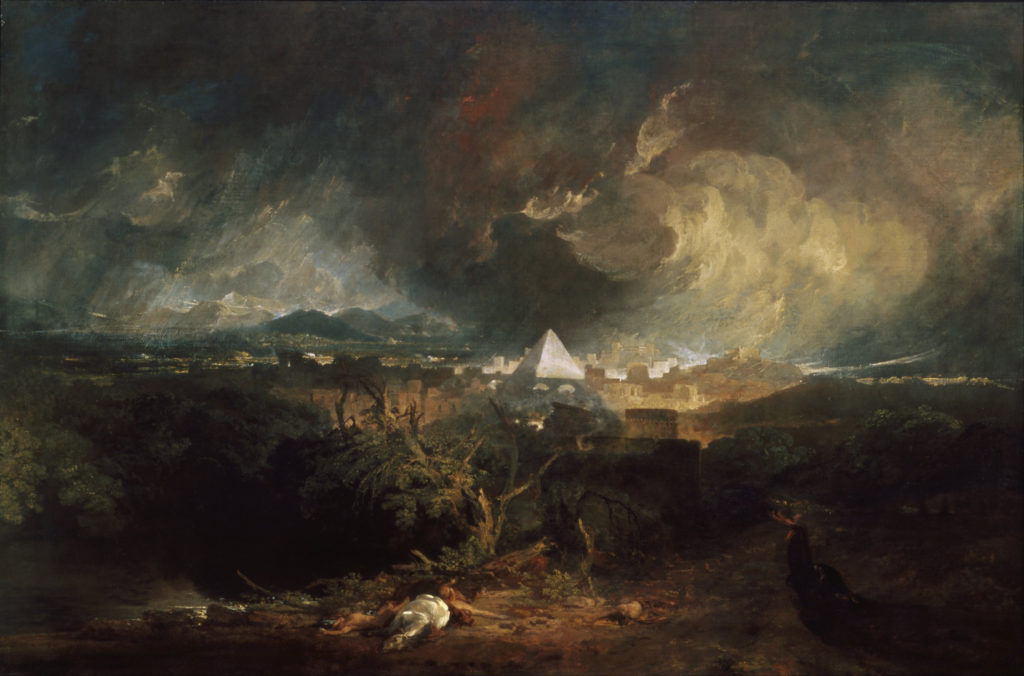
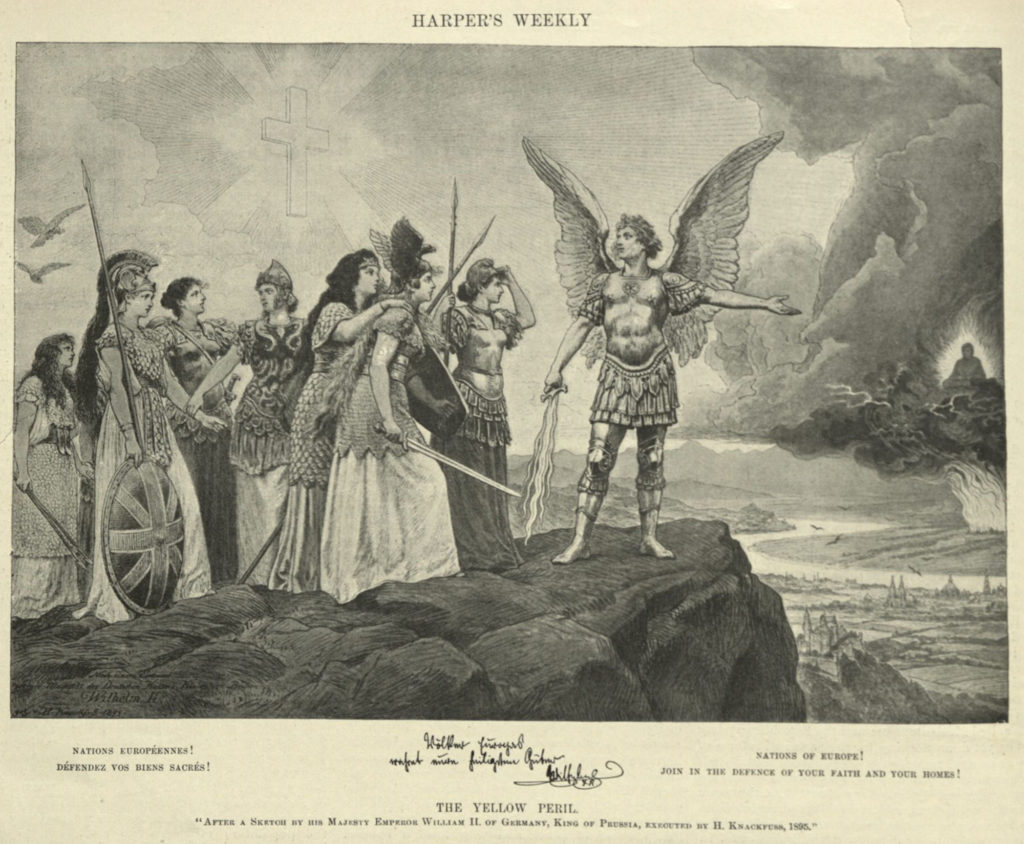


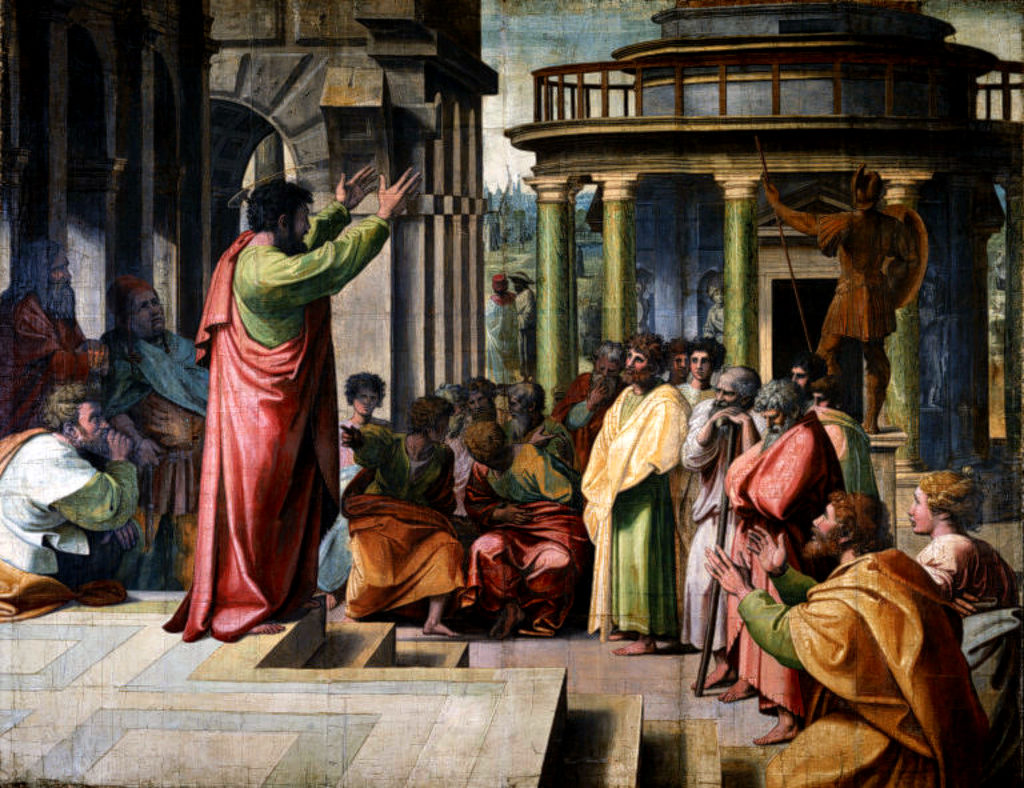
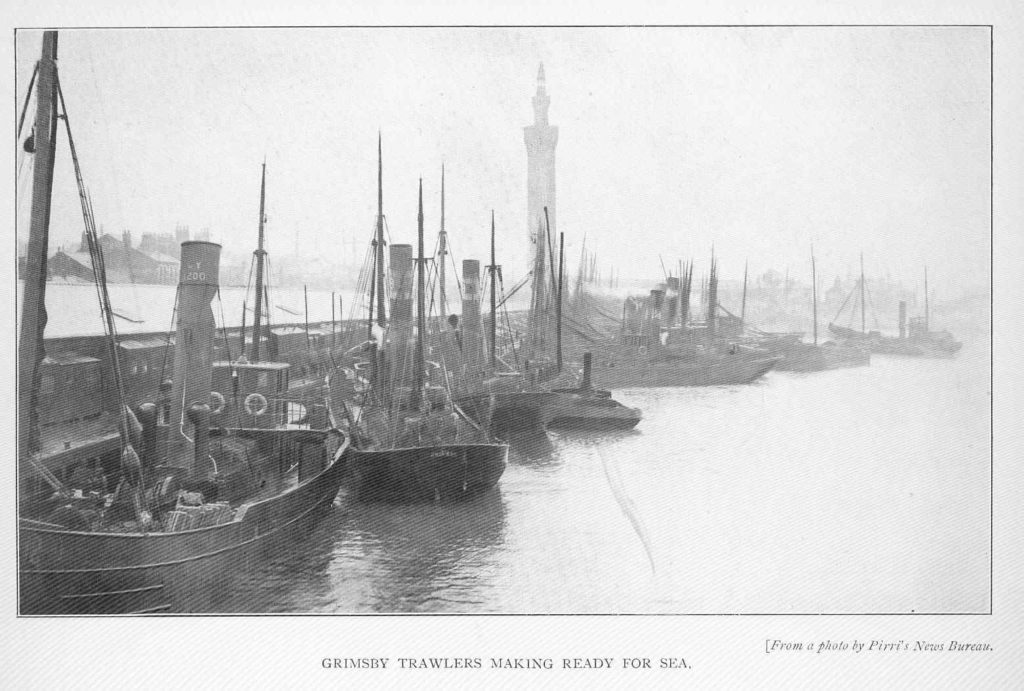










Clapped-out
Alder Hey Memorial Tablet
Clapped-out
A.R. Kneen, on ‘our’ NHS
Truth matters. So, too, does freedom, privacy, independence and human rights. But truth arguably matters above all of these. NHS workers, including doctors and nurses, work for money. They get paid to do a job. This should not be considered a controversial statement. Arguably, a proportion of NHS workers get over-paid relative to their ability and performance levels. And some do not provide a good service to patients.
In all fields of paid employment, we find people who do a good job, people who do not. For example, certain people think that all police are terrible. That is not true. Some police are bad, and the over-exercise, if not abuse of power by police officers has been recently demonstrated. However, most police officers do a fine job. Likewise, there are Catholics who believe that all priests are beneficent and do nothing but good for the people they serve. This is not actually true. A number of priests have molested children, and are evil. One could go through all forms of employment and find average performance, good performance, poor performance, and excellent performance. This is true of solicitors, builders, dentists, hairdressers, soldiers, teachers, scientists etc. It also pertains to those who work in the NHS. Continue reading →
Share this:
Like this: